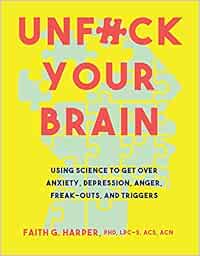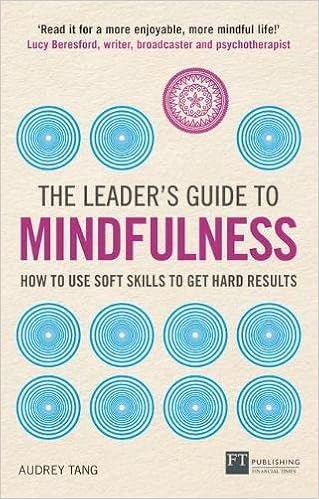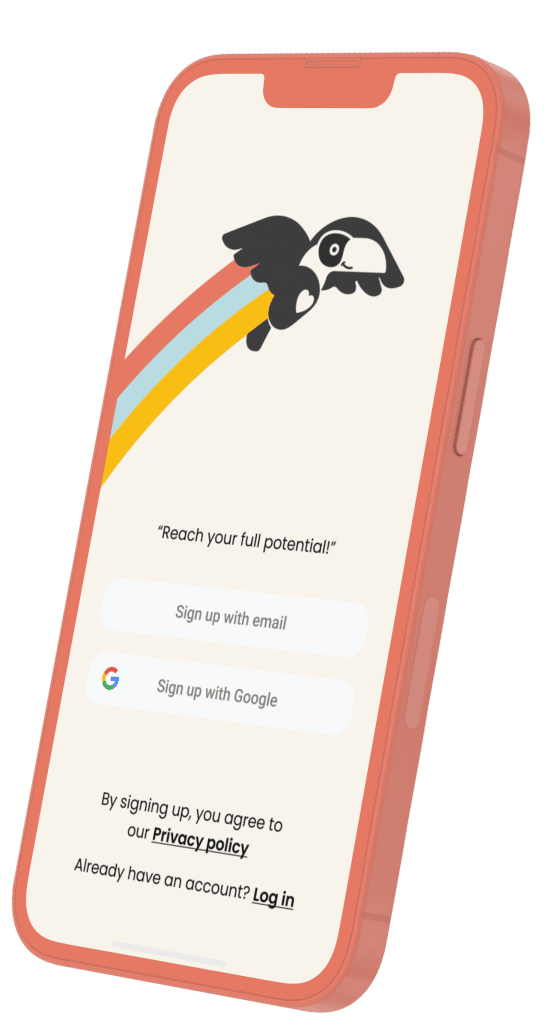After a short introduction about mental health and an attempt to understand why we struggle with mental health, the article continues to explore how books are able to improve our mental health. A big piece of the article should give you a helpful insight into a handful of mental health books. We hope you might get excited about one or the other. So, without further ado, let’s get started.
An Introduction to mental health
Nowadays, our society is significantly challenged with new ways of how to live life and build community and work. This enables feelings of frustration, anxiety and stress to occupy one’s mind at home and at work. This emotional, psychological and social well-being is defined as mental health.
Your mental health affects how you feel, act, think and work. It plays a huge role in the decision you take, your stress management, your relationship with others and your overall well-being. There is no beginning or end to the importance of mental health in your life. It tags along with all your life. Some situations or events may disrupt your mental health, so you may experience poor mental health, which is not to be mixed up with the term mental illness.
For someone, who is not particularly familiar with this topic, it might help to sum up a few characteristics of mental health:
1) An overall good feeling about yourself.
2) Emotions (e.g. anger, love, fear, anxiety) are not affecting your life tremendously.
3) Healthy, satisfying relationships with others.
4) Other people give you comfort.
5) You are easy on yourself meaning you can definitely laugh at yourself and with your peers.
Many mental health books describe how experiencing mental health problems is very common within working professionals and how their thinking, mood and behaviour are heavily affected. But mental health problems are not only triggered by work-related situations, other factors are also coming into play such as:
· Biological factors or chemical imbalances in the brain
· Trauma or abuse
· Family history of mental health issues
· Substance use
· Loneliness and isolation
Mental health in the workplace
Leading with mental health in mind is important for organizations these days. Mental health struggles did exist before COVID but have rarely been addressed within teams. This definitely changed during the pandemic. In many enterprises, we could see a shift in how managers or team leaders addressed mental health problems by speaking openly about them and letting it no longer be a taboo subject. Creating a supportive space for teams is one approach to this.
We just recently talked about the imposter syndrome at work and referred to a handful of interesting founders that were open to talking about their mental health journey, solutions and struggles. Please check out our YouTube Channel to catch up on these interviews.
You can also find our Founder Talk Series as a podcast in 2022!
A few reasons for poor mental health in the workplace
· Home office:
With the rise of COVID-19, many of us started working from home. And yes, in the beginning, it was great to drop into calls while wearing our pyjamas and not having to commute. Nonetheless, not everyone strives in such a daily work schedule. Many lack social (in-person) interaction, getting dressed, leaving the house and a strict separation of work and private life. Remote working can be isolating.
· Anxiety:
The fear of failure and exposure are able to occupy one’s mind day and night. Feeling overwhelmed and worried about work deadlines and project outcomes is a common struggle in a working professional’s life.
· Competitiveness:
In the article about the imposter syndrome, we summed up some of the reasons why we don’t feel good enough at work. One of them was that in a competitive setting such as a startup, the constant comparison with colleagues is putting a lot of stress on us as individuals.
· Burnout:
The workplace can be a demanding environment. If one is only measured by their performance, the daily 8 office hours can turn into a nightmare. If one does not learn to live a healthy work-life balance, the danger of burning out is real.
Read on to find out which mental health books for professionals you could read.
Is reading books good for mental health?
Experts agree, reading books is positively affecting our brains, hence our lives. Next to physical benefits (e.g. lowering heart rate), reading also impacts our psychology. It reduces stress, increases empathy and alleviates depression. If poor mental health originates at work, you might want to select a mental health book for the workplace. If your professional life is currently struggling due to personal hurdles (anxiety, depression, trauma etc.), a self-care guide addressing these issues is recommended.
Best books to help with mental health
The market has been flooded with mental health books and how to overcome poor mental health. We picked a wide selection of mental health books to help you figure out which book might be a good fit for you.
Learn how to feel good

Mark Freeman’s “You are not a rock” is a great introductory guide in order to learn how to deal with sadness, anxiety and all those negative emotions we would rather not have at all. The author himself struggled with poor mental health and suggests seeing mental health almost as physical health. A state that can actually be improved and strengthened using certain techniques. If you are someone who wants to get their “emotional fitness back in shape”, Freeman’s wit and compassion will guide you through your personal journey of tackling poor mental health head-on.
Science meets colourful language

This book will change your mind about mental health. If you are a straightforward kind of person, you will love “Unf#uck Your Brain” by Faith G.Harper. By using science, the author explains how our brains work and why they are something totally messing with us. Ultimately, we are not helplessly exposed to our brains, says Harper. Humans are able to “retrain” their brains in order to respond appropriately to non-emergency situations in life. Be ready for rational, science-based explanations sprinkled with informal language to get over anxiety, depression and triggers.
Do you like tough prep-talk?

Does anxiety constantly get in the way of your life? Overthinking and riding the stress trains is something you are familiar with, but do not want to admit? Sarah Knight’s “Calm the F*ck Down” will wreck the “everything is going to be ok” approach and actually hand you practical tips on how to control your life. You will learn to manage situations that are controllable and stop worrying about the others which you cannot. This one is definitely one of the best books to help with mental health if you like an informal guide for learning how to deal with “bad shit that can and probably will happen to you”.
A book for leaders

For those of you who resonated with the article about imposter syndrome, “The Leader’s Guide for Mindfulness” by Dr Audrey Tang will likely be a great choice. The psychologist sets new standards for mindfulness in leadership roles. If you would like to strive as the team lead or head of marketing, but struggle with the amount of stress and exhaustion these positions come with, Tang’s handbook will be a gamechanger. She offers preventative solutions to avoid burnout and hands you techniques on how to handle stress as well as teaches you how to set up the mental settings you need to succeed.
Selma Prodanovic talked about this during her “Founder Talk”. She finds “the more success you have outside, the worse it gets”. The constant positivity people expect from a founder is exhausting, says Prodanovic.
Book for stressed millennials

Is it really true that millennials have become the “burnout generation”? Anne Helen Petersen’s catchy subtitle to “Can’t Even” certainly suggests that. The book has been praised for the research that has gotten into it. Petersen describes that in this day and age, society is at its peak dealing with work-life balance challenges and mental health issues. Does “putting in 1000% effort, but only getting 25% result” sound familiar to you? Do you feel tired, stressed and that you tried every possible way? The author might be able to clarify how your burnout is shaped by modern culture, politics, history and economy. You want to understand why you work, parent and live the way you do, this book will likely have the answers for you.
A book for those with absolutely no time and all the excuses

We all love to grouch. But seriously, we often spend more time talking about what bothers us and less on how to fix it. With “Five Minute Therapy” by Sarah Crosby you have no more excuses. With this book you will have a pocket therapist teaching you about long-lasting happiness, confidence and loving the best version of yourself. Her illustrated guide consists of psychological explorations and exercises to remind you that even small portions of working on your mental health are able to have a big impact.
Summary
Reading is a powerful tool. Especially reading books that are focused on improving your mental health to overcome anxiety, depression, trauma or stress. Make sure to absorb the content that will have a positive impact on your life. If you are interested in this topic or similar topics you should check out more of our articles here. You can also access all the founder talk series, for a more authentic touch. We hope you were able to get an insight into mental health books and might give one of the book recommendations a read.


